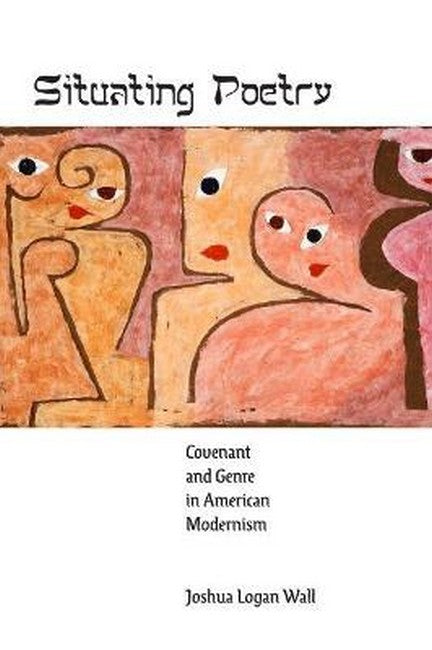A retelling of American modernism through the lines of solidarity and division within and among ethnic and religious identities found in poetry. What happens if we approach the reading and writing of poetry not as an individual act, but as a public one? Answering this question challenges common assumptions about modern poetry and requires that we explore the important questions that define genre: Where is this poem situated, and how did it get there? Joshua Logan Wall's Situating Poetry studies five poets of the New York literary scene rarely considered together: James Weldon Johnson, Charles Reznikoff, Lola Ridge, Louis Zukofsky, and Robert Hayden. Charting their works and careers from 1910-1940, Wall illustrates how these politically marginalized writers from drastically different religious backgrounds wrestled with their status as American outsiders. These poets produced a secularized version of America in which poetry, rather than God, governed individual obligations to one another across multiethnic barriers. Adopting a multiethnic and pluralist approach, Wall argues that each of these poets-two Black, two Jewish, and one Irish-American anarchist-shares a desire to create more truly democratic communities through art and through the covenantal publics created by their poems despite otherwise sitting uncomfortably, at best, within a more standard literary history. In this unique account of American modernist poetics, religious pluralism creates a lens through which to consider the bounds of solidarity and division within and among ethnic identities and their corresponding literatures.

